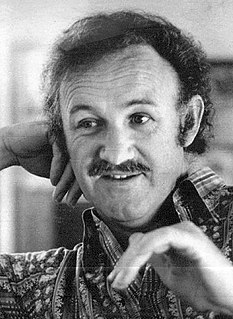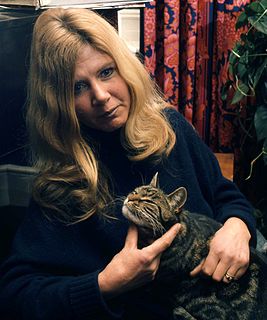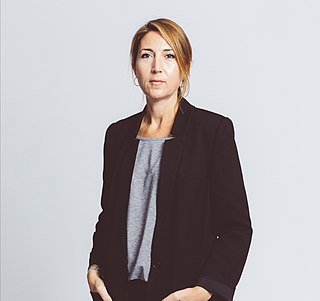A Quote by Maeve Binchy
I once tried to write a novel about revenge. It's the only book I didn't finish. I couldn't get into the mind of the person who was plotting vengeance.
Related Quotes
The process for writing a picture book is completely different from the process of writing a chapter book or novel. For one thing, most of my picture books rhyme. Also, when I write a picture book I'm always thinking about the role the pictures will play in the telling of the story. It can take me several months to write a picture book, but it takes me several years to write a novel.
Every book takes me from 35 to 41 days to write. I don't know why that is. I've tried to get it down to 30 or 31, depending on the length of the month, but it won't work. I don't drink while I'm writing because it fuddles my logical processes, but when I finish a book I go down to the kitchen and pour myself a big belt.
The age of the book is not over. No way... But maybe the age of some books is over. People say to me sometimes 'Steve, are you ever going to write a straight novel, a serious novel' and by that they mean a novel about college professors who are having impotence problems or something like that. And I have to say those things just don't interest me. Why? I don't know. But it took me about twenty years to get over that question, and not be kind of ashamed about what I do, of the books I write.
I'm a relatively disciplined writer who composes the whole book before beginning to execute and write it. Of course, you can't hold - you cannot imagine a whole novel before you write it; there are limits to human memory and imagination. Lots of things come to your mind as you write a book, but again, I make a plan, chapter, know the plot.
"The Diagnosis" is by far my most ambitious book. I such great hopes for it... there was so much I wanted to do with the book. I was extremely insecure about it for several years. Just didn't know whether I would finish the book much less for it to come close to what I intended. I think that for any novel you never know exactly how the book is going to turn out...






































